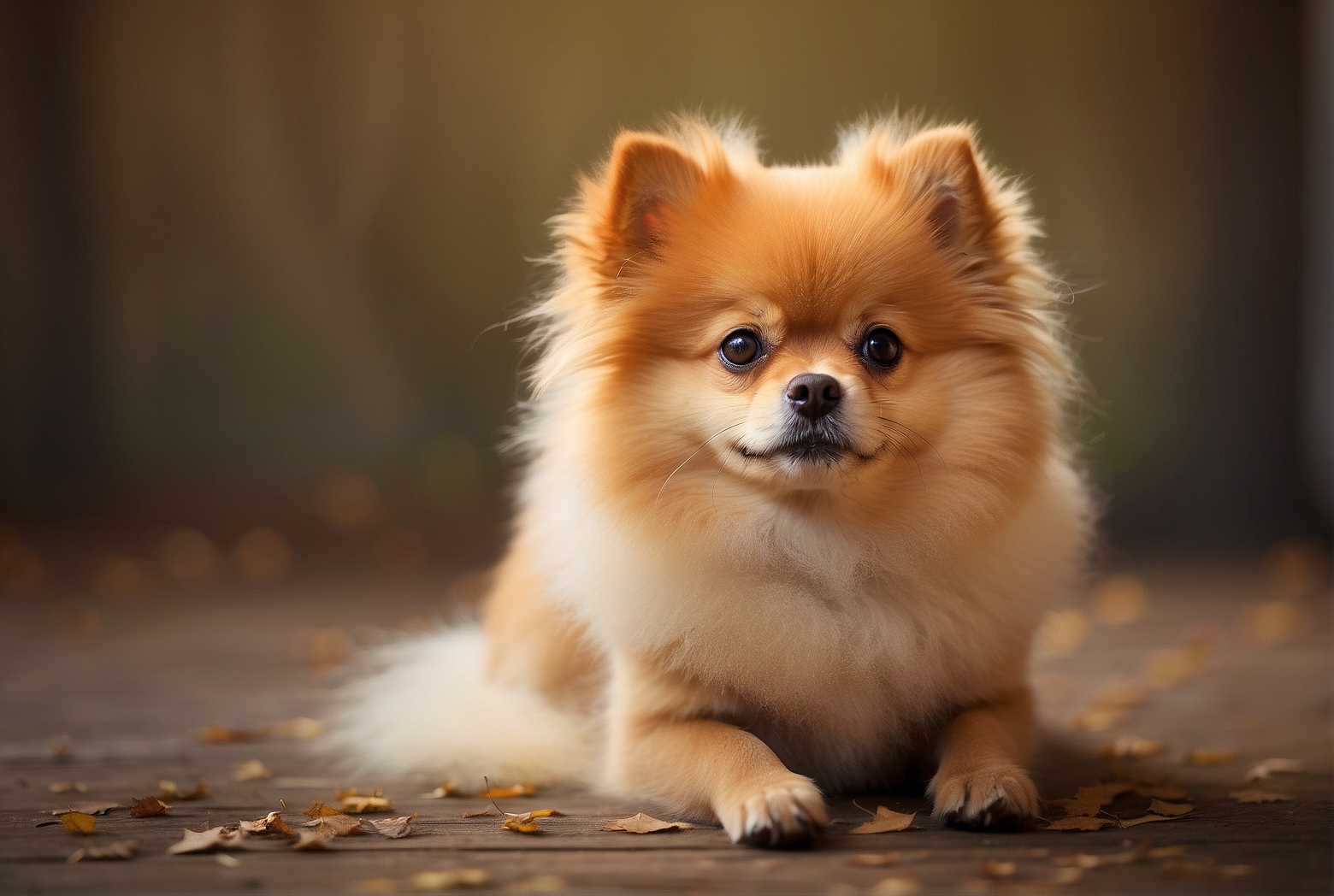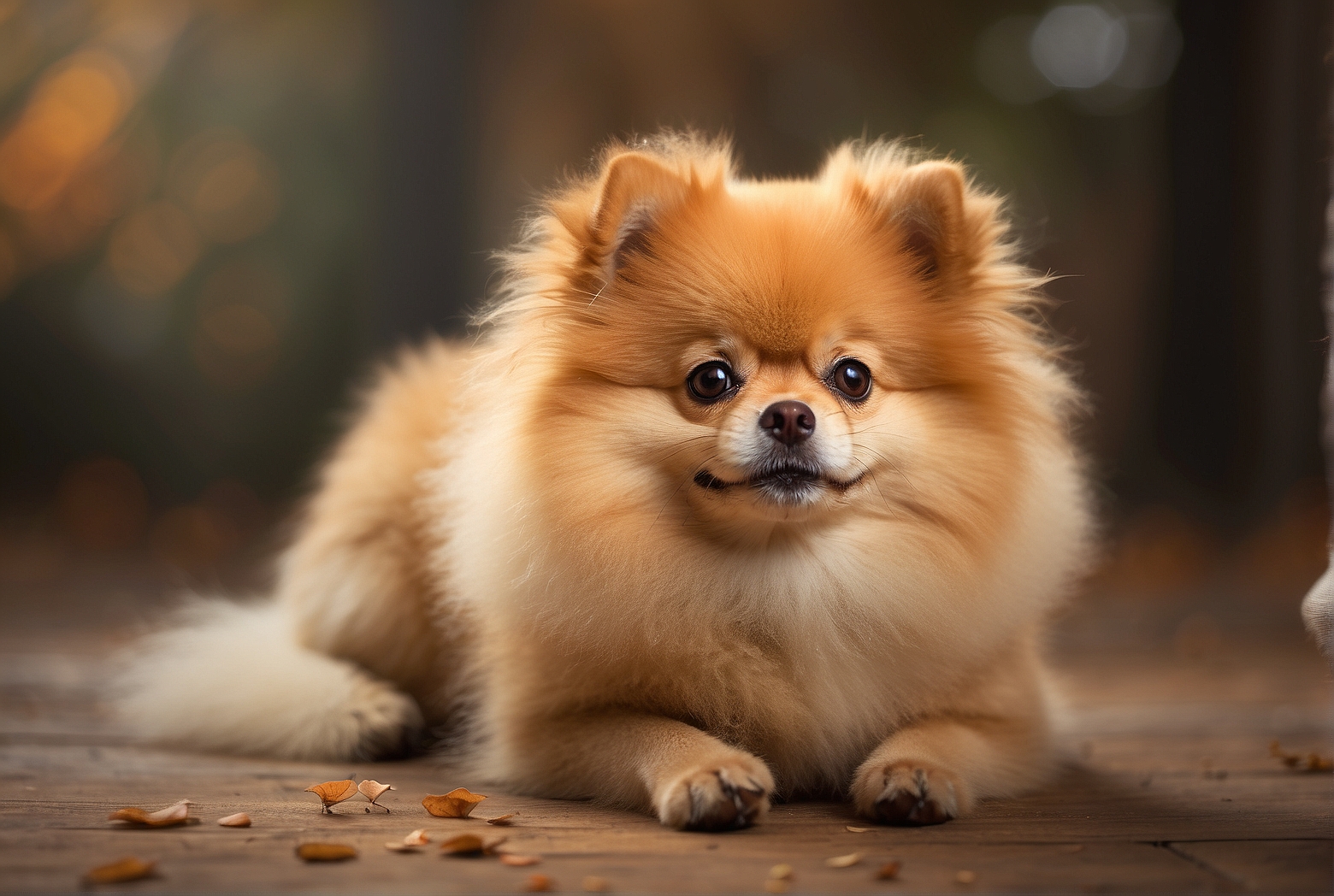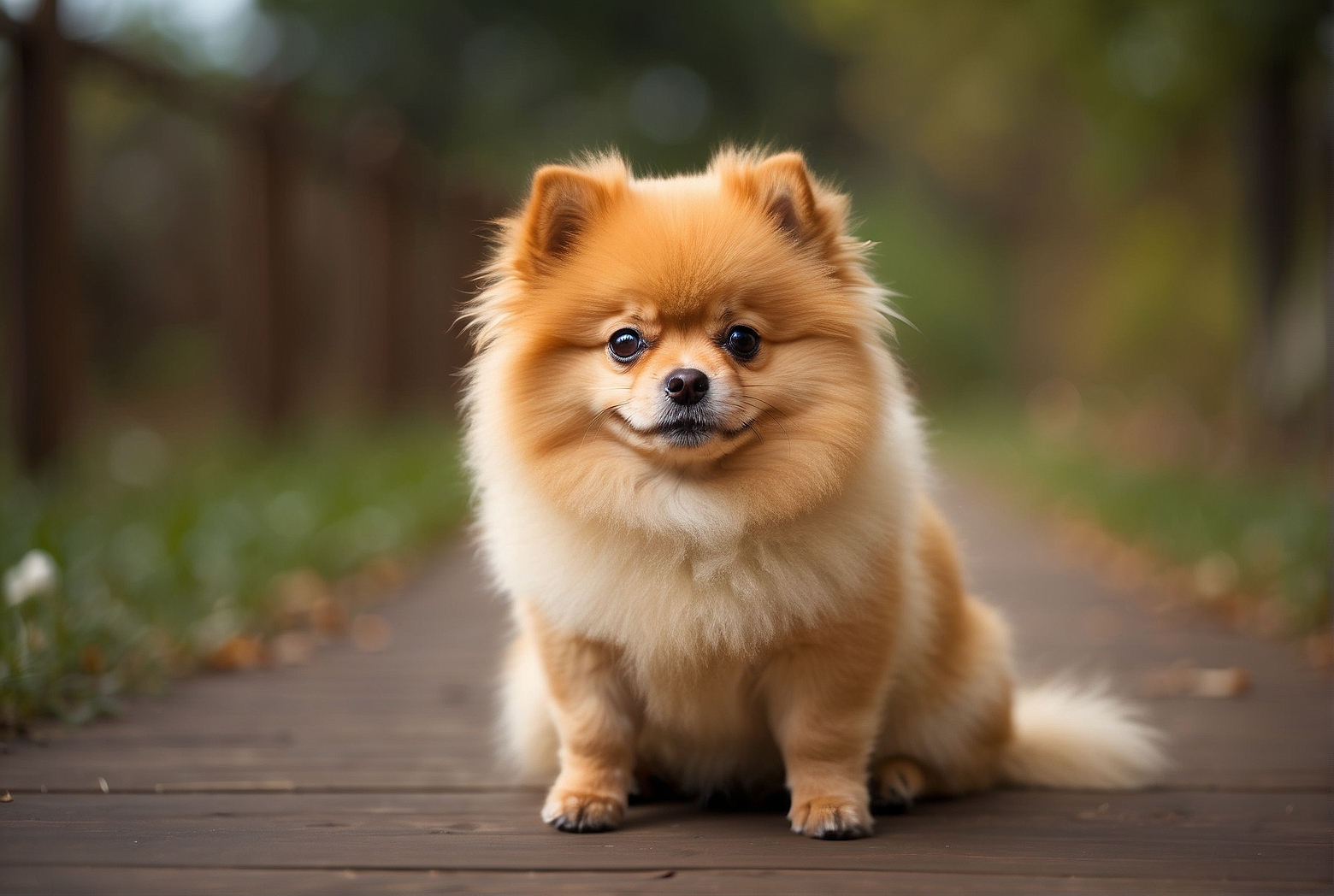Are you feeling concerned about your Pomeranian’s hair loss? If so, you’re not alone. Many Pomeranian owners often wonder why their beloved furry friend is experiencing this issue. In this article, we will explore some possible reasons for Pomeranian hair loss, shedding light on potential causes and offering helpful insights for you to understand and address this common problem. So, let’s dive into this Pomeranian hair loss mystery together and find some answers that will put your worries to rest.
Possible Reasons for Pomeranian Hair Loss
If you have noticed that your Pomeranian has been experiencing hair loss, don’t worry! There are several possible reasons for this common issue, and in this article, we will explore each one in detail. Understanding the potential causes of hair loss in Pomeranians can help you identify the underlying issue and take appropriate action to address it promptly. So, let’s dive in and explore the possible reasons for Pomeranian hair loss!
Allergies
Allergies are a common cause of hair loss in Pomeranians. Just like humans, dogs can develop allergies to various substances, including certain foods, environmental allergens (such as pollen or dust mites), or even certain grooming products. If your Pomeranian is experiencing hair loss along with other symptoms like itching, redness, or skin irritation, it may be an allergic reaction. Consulting with a veterinarian is crucial to identify and manage any allergies your Pomeranian may have.
Parasites
Parasites, such as fleas, ticks, or mites, are another potential cause of hair loss in Pomeranians. These pesky critters can cause irritation and lead to excessive scratching, resulting in hair loss and skin damage. Regularly check your Pomeranian’s fur for signs of parasites and ensure that they are protected with appropriate flea and tick preventatives. If you suspect your Pomeranian has parasites, consult your veterinarian for proper diagnosis and treatment.
Hormonal Imbalance
Hormonal imbalances, such as hypothyroidism or Cushing’s disease, can also contribute to hair loss in Pomeranians. These conditions affect the production or regulation of hormones in your dog’s body, leading to issues like thinning coat, bald spots, or excessive shedding. If you observe these symptoms along with changes in behavior or weight, it is essential to consult your veterinarian for a thorough examination and appropriate hormone level testing.
Nutritional Deficiencies
A lack of proper nutrition can contribute to hair loss in Pomeranians. If your Pomeranian’s diet lacks essential nutrients, vitamins, or minerals, it can affect their coat health and lead to hair loss. Ensuring that your Pomeranian’s diet is well-balanced and meeting their nutritional needs is crucial for maintaining a healthy coat. Consult your veterinarian for advice on the best diet for your Pomeranian and consider adding supplements if necessary.

Environmental Factors
Environmental factors can also play a role in your Pomeranian’s hair loss. Exposure to harsh weather conditions or excessive sun exposure can damage their coat and cause hair loss. Additionally, prolonged exposure to certain chemicals or irritants in their environment can also lead to fur loss. To protect your Pomeranian’s coat, provide them with shelter and limit their exposure to extreme temperatures. If you suspect environmental factors are contributing to their hair loss, consult your veterinarian for guidance.
Stress or Anxiety
Just like humans, dogs can experience stress or anxiety, which may manifest in hair loss. Changes in their environment, routine, or traumatic experiences can trigger anxiety in Pomeranians, leading to excessive grooming or pulling out their fur. Providing a safe and secure environment, routine, and comfort for your Pomeranian can help alleviate stress and reduce the likelihood of hair loss as a result.
Skin Infections
Skin infections, such as ringworm or bacterial infections, can cause hair loss in Pomeranians. These infections can lead to itchiness, redness, or inflammation, resulting in your Pomeranian scratching or biting their skin, leading to hair loss. If you notice any signs of skin infection, such as hairless patches or lesions, it is crucial to consult your veterinarian for proper diagnosis and treatment.
Thyroid Problems
Thyroid problems, especially hypothyroidism, can lead to hair loss in Pomeranians. Hypothyroidism occurs when the thyroid gland does not produce enough thyroid hormone, leading to various symptoms, including thinning or sparse coat. If you suspect thyroid issues, consult your veterinarian for a comprehensive evaluation and appropriate thyroid function testing.
Medication Side Effects
Certain medications or treatments can have side effects, including hair loss, in Pomeranians. If your Pomeranian recently started a new medication, consult with your veterinarian to determine if hair loss is a potential side effect. Your veterinarian may recommend adjusting the dosage or exploring alternative treatments to minimize the impact on your Pomeranian’s coat.
Genetics
Lastly, genetics can also be a factor in Pomeranian hair loss. Some Pomeranians may have a genetic predisposition to certain coat issues or conditions that cause hair loss. If hair loss is a recurring problem in your Pomeranian’s lineage, it is important to be aware of potential genetic factors. Consult with your veterinarian for guidance on managing and minimizing the impact of genetic factors on your Pomeranian’s coat health.

In conclusion, there are numerous reasons why your Pomeranian may be experiencing hair loss. Allergies, parasites, hormonal imbalances, nutritional deficiencies, environmental factors, stress, skin infections, thyroid problems, medication side effects, or genetics can all contribute to this issue. Identifying the underlying cause is essential to provide the appropriate treatment and care for your Pomeranian. Remember, consulting with a veterinarian will help you navigate the best course of action to ensure that your Pomeranian’s coat regains its luscious shine and remains healthy for years to come!
